Egypt opens strategic Mediterranean naval base close to Libya border
Egypt’s President Abdel Fattah el-Sisi has inaugurated a strategic naval base on the Mediterranean Sea, in a move to "secure shipping lines" across the eastern border with Libya.
The president’s office declared the opening of “the latest Egyptian military base on the Mediterranean” in a statement of Saturday. It said that the sprawling base “will be focused on securing the country's northern and western front.”
The naval base lies some 255 kilometers west of Alexandria, towards the eastern border with Libya, which has been a key security concern for Egypt.
At the opening ceremony, Sisi hosted his close ally, Abu Dhabi Crown Prince Sheikh Mohammed bin Zayed al-Nahyan (MBZ), and Libya's unity president Mohamed al-Menfi.
Sisi and his guests observed naval forces as they conducted maneuvers involving several vessels, attack helicopters and fighter jets at the naval base. The exercises included the firing of rockets, parachute jumps and an amphibious landing.

The base is named “July 3,” after the day eight years ago, when President Mohammed Morsi was ousted in a coup led by Sisi, his then-defense minister.
Commander of Egypt’s Naval Forces, Ahmed Khaled, said the base was adding to the country’s growing capabilities within a comprehensive modernization program for the armed forces.
Cairo says the base will help it protect its strategic and economic interests in the region.
The base, it says, will also be helping guard against irregular migration as Egypt works to boost its naval presence on the Mediterranean and the Red Sea.
Egypt, along with the UAE, has supported Libya’s Khalifa Haftar, the eastern-based renegade military commander who had tried to seize the capital Tripoli from the previous government.
In April, Egyptian Prime Minister Mostafa Madbouli traveled to Libya, where he held talks with interim prime minister Abdulhamid Dbeibah, in a new sign of a thaw in frosty relations between Cairo and Tripoli.
Dbeibah visited Egypt in February on his first official trip abroad after his election.
Egypt has also experienced tensions with Turkey — which threw its weight behind the UN-backed Libyan government in Tripoli.
With Turkish support, the Tripoli government managed to reverse a 14-month assault on the capital by Haftar's eastern-based self-styled Libyan National Army (LNA).
Libya has been beset by chaos since the overthrow and killing of its long-serving ruler Muammar Gaddafi following a NATO operation in 2011. The conflict has escalated into a regional proxy war fueled by foreign powers pouring weapons and mercenaries into the country.
Up until March, the North African country had been split between the rival governments. But the two sides finally reached a ceasefire that backed the formation of a transitional government, known as the Government of National Unity (GNU), led by Dbeibah and a presidential council.
The GNU will run the country until presidential and parliamentary elections are held on December 24.
Egypt has now increasingly thrown its support behind the UN-led political effort to reunify the neighboring country.
In addition to the Libya conflict, Cairo has also been at odds with Ankara over maritime borders in the eastern Mediterranean Sea. The presidents of the two countries have been sparring since the Egyptian military coup in 2013.
President Recep Tayyip Erdogan refused to recognize Sisi as the legitimate president of Egypt.
US fighter aircraft shot down ‘in friendly fire’ amid aggression on Yemen
Yemeni FM: Israel’s sponsors accountable for ongoing aggression on Sana’a
Eight Palestinians killed as Israel attacks Gaza school, hospitals
VIDEO | Rome, Milan host new protests in solidarity with Palestinians
Dec. 21: ‘Axis of Resistance’ operations against Israeli occupation
Spain jurists demand ties with Israel ties be cut
VIDEO | Press TV's news headlines
VIDEO | Iran honors top Science Olympiad medalists


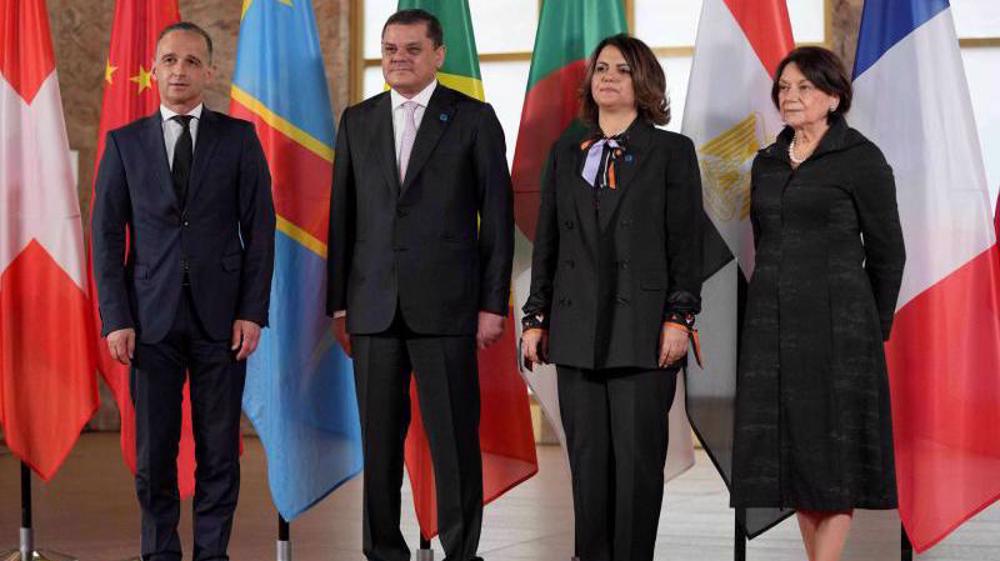

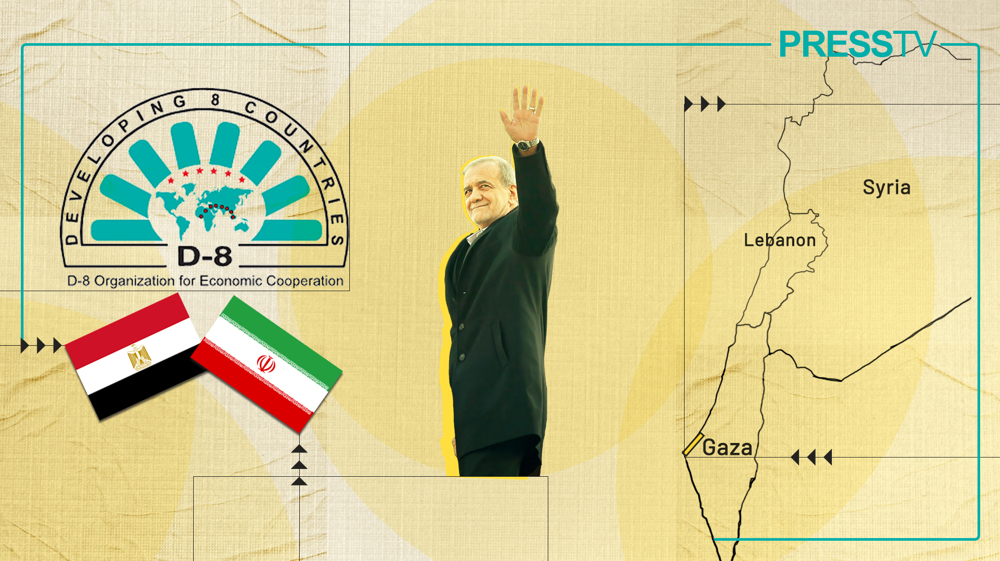
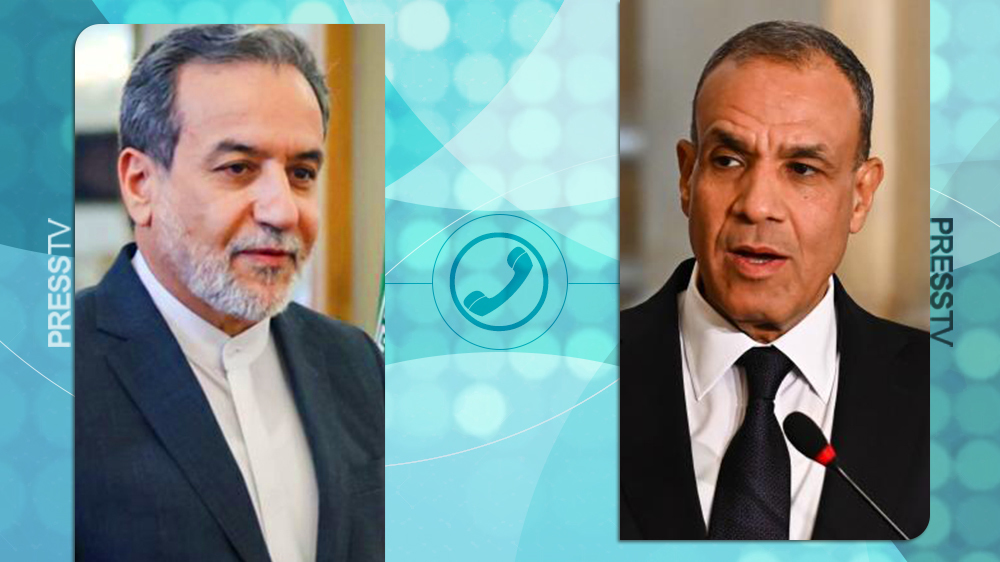



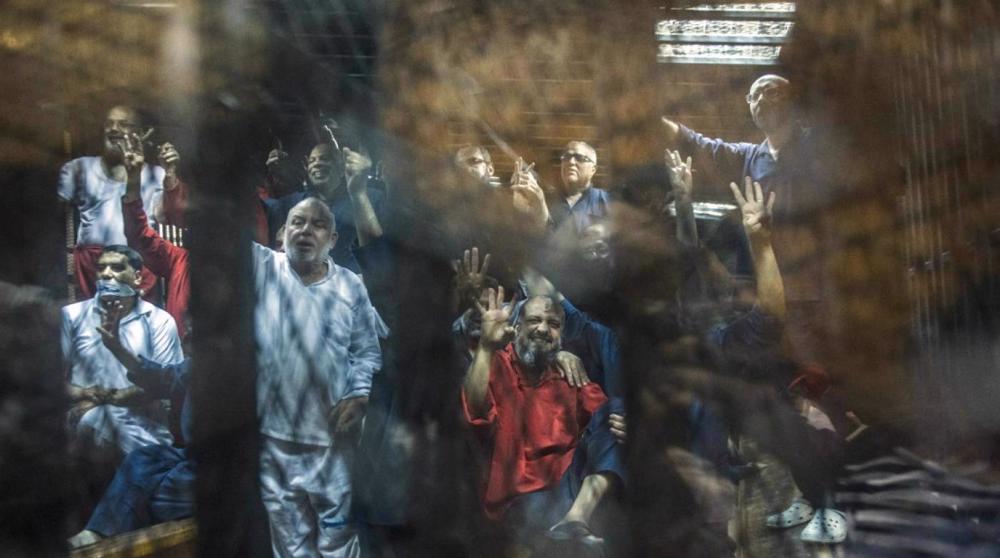
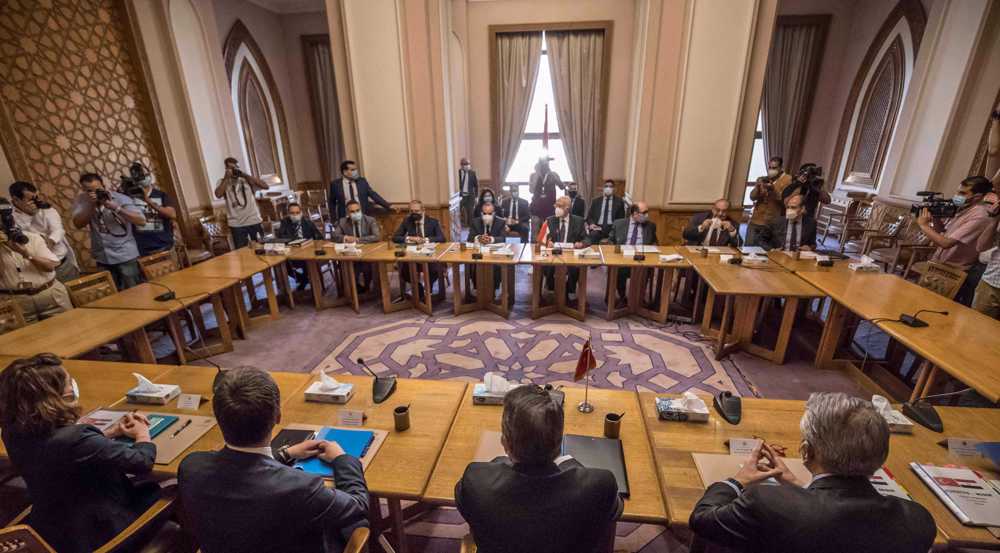
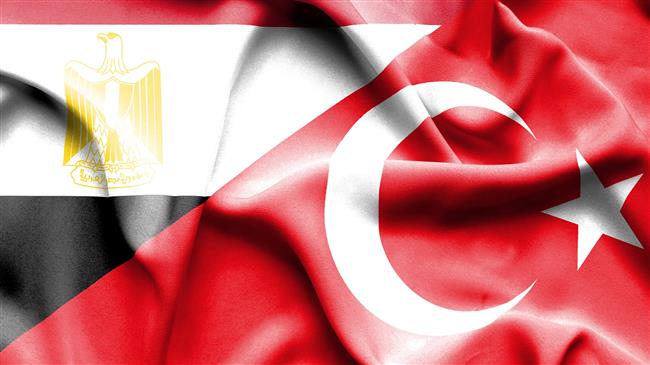

 This makes it easy to access the Press TV website
This makes it easy to access the Press TV website